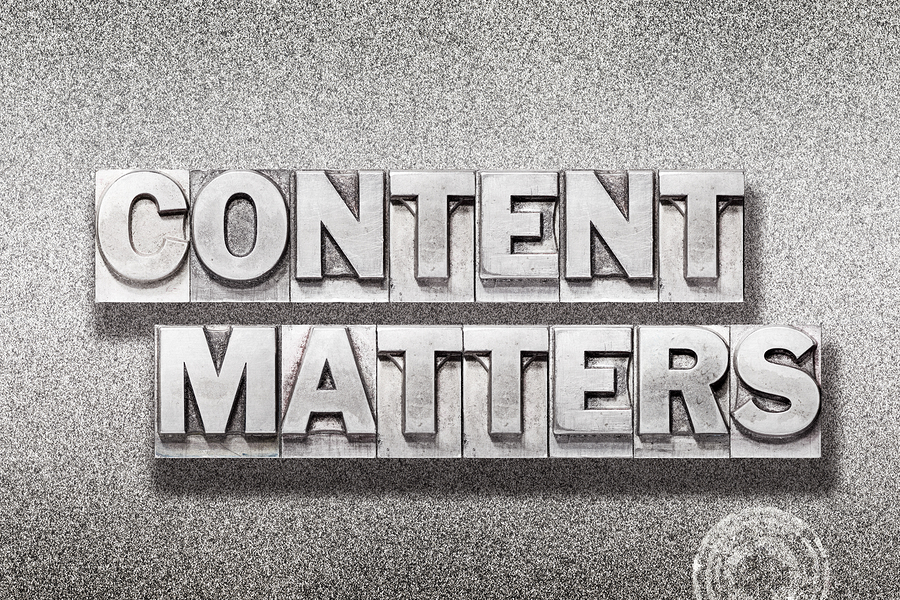These are both amazing and perilous times for writers seeking to publish. Whether you’re pitching an idea to a magazine editor, book editor, or agent, an important part of your job is removing the easy “no.”
That is, some submissions make it easy for an editor or agent to say, “No, thank you.” Thus, it behooves you (I like saying “behooves”; it sounds fancy) to anticipate the “easy ‘no’” and make sure your pitch avoids those triggers. What are they? I’m glad you asked. Here are just a few, off the top of my head:
- The wrong genre
You don’t have to know all the ins and outs of the genre in which you’re writing (and pitching). But you should know whether or not an agent or editor works in that genre. For example, I don’t represent fantasy or sci-fi, yet I regularly get submissions in that genre. Easy no.
- Spelling and grammar errors
Your proposal doesn’t have to be perfect; but if I see an obvious spelling or grammatical error early in your pitch, I assume more will follow. In fact, a recent submission had a typo in the title, a missing word in the first sentence, and a misspelled word on the first page. Easy no.
- A weak hook
I read a proposal’s hook first. (And FYI, “hook” is a versatile term in publishing. It can refer to the uniqueness of a pitch or idea; to the first page/paragraph/line of an article, book, or chapter; and, in a book proposal—as I am using it here—a short punch-in-the-gut “tag line” or a few sentences that make it impossible not to read further, like movie-trailer narration.) When the hook fails to grab me, I will still turn another page or two, but usually easy no.
- Sex, violence, profanity
Like the others in The Steve Laube Agency, I represent works to the Christian market. That means the author must display an awareness of and sensitivity to the expectations of that market—unlike one submission that claimed to be “similar to E. L. James [sic] “Fifty Shades of Grey” [sic],” and another that began, mind you, “The s— in this book is heavy.” Easy no.
- The proposal is pasted into the email message
I get one or more of these a month, in which the entire proposal—in one case, all 10,600 words—is not attached as a Word document or PDF but pasted into the email field. This tells me immediately that the sender hasn’t read or followed the guidelines and hasn’t taken the time to research how the process works. Easy no.
- Ignorance of the need for a platform—of some kind
Sure, brilliant writing sells itself, but that’s a one-in-a-million (or, to be fair, maybe a thousand) instance. But a proposal without a marketing (platform) section is an easy no. A marketing section that tries to impress me with numbers in the hundreds is an easy no. As is an email submission that—in the subject line—says, “Just so you know, I will be deleting all my social media in a few days.” Easy no.
- The wrong mode of address
If you call me “Ben Hostetler” or “Bob Harrison,” as several recent submissions did, I get the sense that you’re not as careful as I want my clients to be. It may not seem fair, but neither is it fair that Ben Hostetler and Bob Harrison apparently get all the credit, while I get bupkus. Easy no.



 Eternal Words
Eternal Words

Pretty sure I did 6 of the 7 on my first go-round, as well as added a few of my own—I’m special like that. I’m thankful for industry professionals that were patient with me, offered good advice, and gave me time to grow!
You are special, Janine. Very.
That’s what the voices in my head tell me…and the unicorns that live in my pantry.
Amen to Janine’s comment above. I goofed significantly on my first meeting with an agent. Fortunately he was kind and let me down in a way that led me to learn more about the process. Thanks for your common-sense approach to teaching others the writing craft. Your posts are so helplful.
Thank you, Roberta. Kindness and charm like yours do go a long way toward eliminating an easy no.
As a journalist by training, one thing that I strive very hard to never do is misspell someone’s name–it’s something that’s easy to get right AND it makes the right first impression.
When I was managing editor for a monthly magazine at the National Restaurant Association, I received a pitch for a feature article that addressed me as “Sarah Hamburger.” While that generated a laugh, the pitch went into the recycling bin.
Nowadays, with auto-correct’s nefarious schemes, that might be understandable. 🙂
Thanks for the always-superb blog posting, Bob. So you don’t want to be Bob Harrison? How about Benjamin Harrison? Back to the topic at hand- I know that some of the mistakes you mentioned are mine, at least for the first twenty or so agents I pitched….no wonder they didn’t respond.
Thanks for teaching me a new word- bupkus- I had never heard that word before!
I will be certain to address you as Mr. Bob Hostetler and not Robert Harris…or Benjamin Harrison.
I have been guilty of several of the “easy no’s” but you’ve been gracious and kind to show me the error of my ways.
Ugh! #7
It is sad how few people recognize the importance of names. I work hard to recognize people’s names, and find that it brightens their contenance when I use it in speaking with them. Most often this happens in the check-out line at a retail store. I can watch the employee, robotically moving through their day, bored, tired, ready to be anywhere else. By the time I reach the counter I have caught a glimpse of their name tag. I address them by name and watch the transformation take place. There is a real man or woman inside, and they just sprang to life.
What I’ve done is SO simple, and all of us can do it. It is the difference between viewing people as objects (the checker, the agent, the waitress) and viewing them as people (Ana, Bob Hostetler, Francine).
As an anecdote, I did this just last week with Ana, mentioned above. When I did so, she brightened and responded, “Oh my gosh! Thank you for recognizing my name. And you even said it correctly.”
You are not “the agent,” or “an agent” but rather Bob. Just like the checker at my local retailer, there is a real person involved here with emotions, and time issues, and fatigue, and family, who happens to work as a literary agent, but he is Bob. If I cannot invest sufficient time and mental effort to understand the importance of that reality, my proposals will continue to find the round file.
Ah figger landin’ an a-gent’s kinda lah goin’ after th’ big ole grandaddy trout in a pond whar folks done fished too much.
Y’all don’t need no doodads or frufraws, ’cause he’s done seen ’em all before.
Jest a simple hook , tied good, and de-livered lahk an expert
Andrew, I love y’all’s drawl! Laughter doeth good like a medecine. Hope you’re having a good day today.
ACH!!! **** edit *** “medicine”
Why, thank’y kahndly, Judith!
Bupkus. Good one! Right up there with “behooves!” 😉
Remove the easy “no.” It behooves us to make Bob’s job harder (so hard that it behooves Bob to say “yes”).
I loove being behooved.
Dear agent,
I invite you to partake in the success of my future bestselling fiction novel, Redeeming Love Part 2. I know your going love it.
Sincerly,
Jane Doe
Follow me on Twitter @hotgrandma3443
That’s funny, Janine! Good job!
I try hard to follow the directions on the web site of each agency I query.
Many of them, I would say the majority, PREFER the query, synopsis, and sample pages to be pasted in the body of the e-mail. Some say ominously “e-mails with attachments will be deleted unread.”
Now, of course, I would NEVER make the mistake of sending such a query to the Steve Laube agency. But … I think it’s a little harsh to conclude that an author who pastes materials into the body of the e-mail doesn’t know how the process works. They could have a ton of experience with the query process, but perhaps they did not examine your particular requirements carefully enough.
Just sayin’.